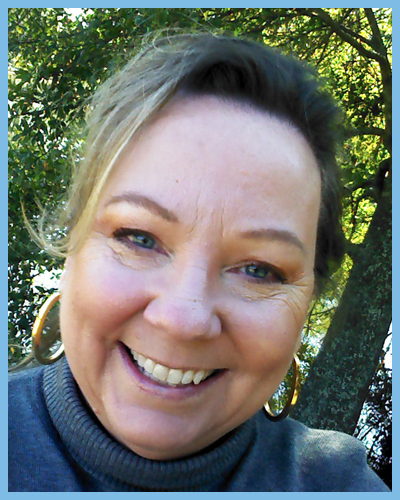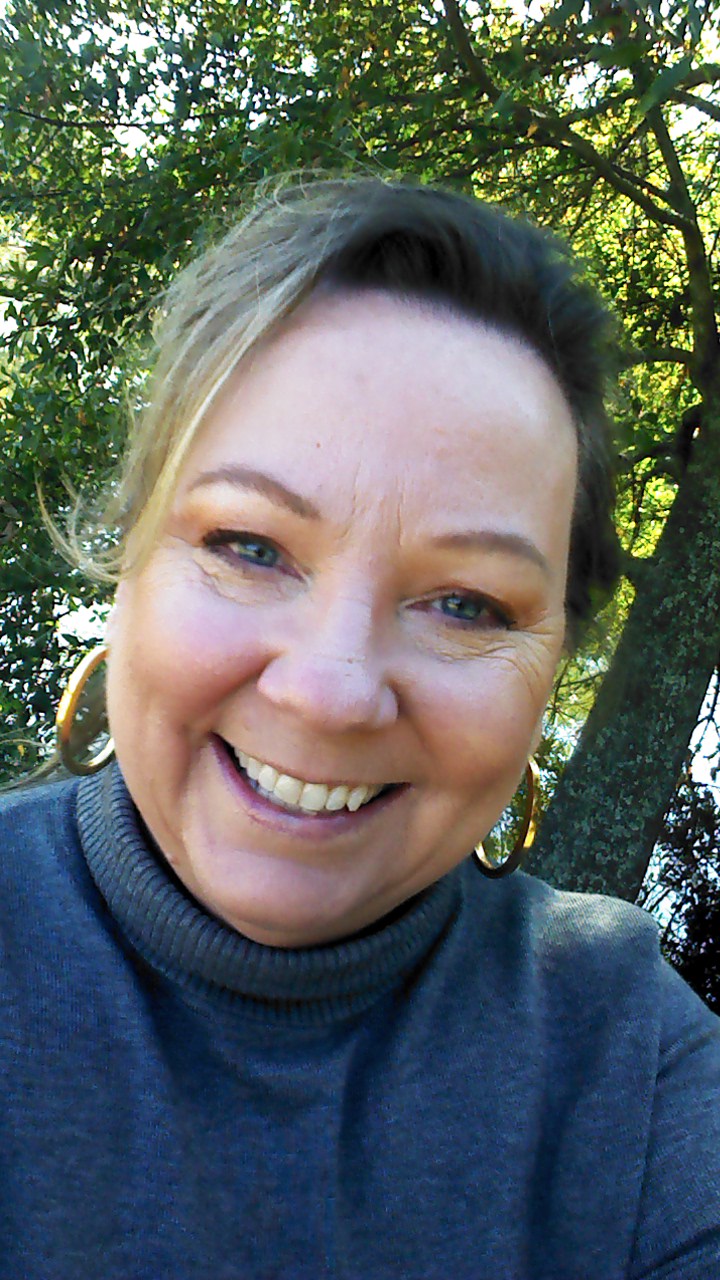 |
|
From the time I was born, through college, and into my adult life, I’ve been told I don’t belong, I am a piece of trash, I am worthless and “let me know when you do something I should be proud of.” And the lists go on and on. Since I can remember, I received the message that I wasn’t worthy of a voice. Often, I literally wasn’t even allowed to speak. When I tried, I was repeatedly told to shut up.
I am a child of domestic violence. I grew up in northeast Pennsylvania, in a community comprising traditional Eastern Europeans – a community marked by poverty, hard labor, and hard liquor. Alcoholism ran rampant in my community and particularly in my family. Hand-in-hand with alcoholism was a multi-generational cycle of domestic violence. Verbal, physical, emotional abuse was normal.
Growing up, my home was filled with neglect, hatefulness, and violence. As a child, I wasn’t allowed to sit at the table, but was always expected to prepare it for the family, as well as all the household chores. I sat on the stairwell, eating whatever scraps were thrown to me. My parents kept me locked out of the house from morning to evening no matter the weather. I remember many times eating what grew in the yard and drinking water from the outside hose to douse the hunger pangs. Shelter was a bush, outside by the old cars or if by chance the cellar door might be unlocked, I could hide in there quietly by the coal furnace.
All of this, for me, was just life. I had nothing to compare the chaos and violence in my home against. My home life was no different than the rest of my family and extended family, my aunts’ and uncles’ homes, or cousins’, and I never became close enough with any other children my age to recognize what a healthy home should be. The secrets became darker and bigger as I aged and I was forced to keep them to myself at all costs. Even loss of life was not sufficient reason for breaking them. They were meant to be carried to the grave…and beyond.
Knowing how I grew up, you may wonder how I coped from day to day completely unseen by my parents, as they played out a pattern of abuse. The fact is I didn’t cope. I didn’t reflect on my life. I was just in survival mode from day one. I didn’t have time to think about how I felt when I needed to focus all my energy on just surviving and meeting basic human needs. I didn’t really think or feel anything about myself. I was so used to not being allowed to express myself that, for 18 years, I was primarily on observation mode. To live, I had to survive. So, I could only silently observe my life and surroundings.
As I graduated high school, my destiny was not mine to write. My mother had the place and profession all picked out and it was on the U.S. coast farthest away. My father told me, “Go pick dirt off people’s teeth, because that’s all you’re good for.” My mother completed a college application, made me sign it and dropped me off in New Orleans in the middle of August. She left as quickly as I had unloaded my two yellow suitcases. Once-monthly telephone calls to check in were the only support systems I had. I was left alone in a big city with a life that I had no clue how to maneuver. Not only was it difficult to figure out how to take care of myself, feed myself and support myself but also to know how to live in a southern city a life I had never been exposed to.
I wish I could say college is where things fell into place, or where I developed my voice. But that was not the case. I was told I wasn’t a good reflection of the dental program. It was yet another reminder that I don’t belong. I just ignored the comment from the dean and kept going. I eventually went on to be a dental hygienist for 35 years, excellent in my work, and I cleaned over 1 million teeth during those years.
Not knowing any better and eager to find that special someone, I met my first husband – a complete knock-out drunk. I gravitated to the comfort of what I knew – awful as it was. Gradually growing discontent and hoping to do better, I divorced and then remarried, but my second husband wasn’t much better. Though he wasn’t a knock-out drunk, he was an alcoholic who was often cruel and malicious with his own agenda.
After my second divorce, I temporarily stayed with my parents, along with my 4 children. In a drunken rage, my father slammed me against the wall, hands around my throat. He screamed in my face he was going to kill me because I was a slut, along with many other expletives. In the other room, my mother sat with my child eating chips as if this somehow was the most normal thing in the world. Shortly after, my parents took all my children and left. I sat there, crying, screaming out-loud for answers – for somebody to hear my cries. I knew I couldn’t go on anymore if something didn’t change. Then, suddenly, I felt a calming sensation. I had a vision of a god-like figure surrounded in gray dust. Something clicked. I wasn’t afraid anymore. I wasn’t hopeless anymore. Suddenly, I knew my parents didn’t control me anymore and I couldn’t let them take hold over my children.
I packed my bags, took my children, and left that home behind me, never looking back. I decided to go back to school to become a Doctor of Naturopathy. It was a very difficult time. The children were split up, as my son went off to college, my daughter stayed with me, and my younger son was court-ordered to go live with his father, while the biggest blow was that he wanted to stay with his grandmother, who he was calling “mother” as she so directed. He was their savior and they were molding another soul to direct. All of these developments tore my soul and heart in so many different directions, but knew I had to stay the course and just had to keep going.
After graduating from medical school, I choose to return to Louisiana. The medical community was not receptive to the practice of naturopathy and did not welcome my practices. After five years of being stuck, I knew I had to start something for me. After what I had endured, nothing could stop me from practicing and trying to share my knowledge with others. I knew I deserved to have a voice and I knew I could reach my full potential if I persevered.
I turned to the radio – a medium where my voice could be heard and represent so many others who have not yet found theirs. We speak about a variety of health, wellness, and social issues – what happens in healthcare, spirituality, sobriety, and now, childhood domestic violence. My goal is to teach people, everyone, including healthcare practitioners, self-respect and practicing kindness, compassion and empathy. No pity here, no drama, but an ear to listen to pain and suffering with a hand and heart to help heal. That is now my work.
My turbulent childhood taught me to survive, to overcome, and that’s how I found my voice. Anyone who grew up with domestic violence and didn’t have a voice as a child deserves to have one now.
The things I was deprived of in my childhood also made me better prepared to be a loving wife, a good mother. Today, I have a respectful, loving husband and my children are in college. By learning to care for yourself, you learn to care for others. You learn compassion by giving it to others, which in turn teaches you how to give it to yourself. Self-respect, self-worth is key – if you do not respect yourself, how can anyone else?
It’s important to realize that even when some of us former children of domestic violence get our individual lives “in order” and are able to move past our childhood pain, the battle is far from won. The culture of violence behind closed doors doesn’t stop just because we were able to free ourselves. Elders are also caretakers of our children and that aspect also needs to be address. If we’re able to disrupt that chain – no matter which link in it – that can prevent it from replicating. We must help build awareness far and wide about this issue, and help others, including our children, in whom the seeds may already be planted, to undergo their own transformations, choosing not to repeat what they learned. Working together, we can ignite momentum and large-scale change to significantly reduce the number of children living with domestic violence, which changes the adults they become. We all have a role to play.

